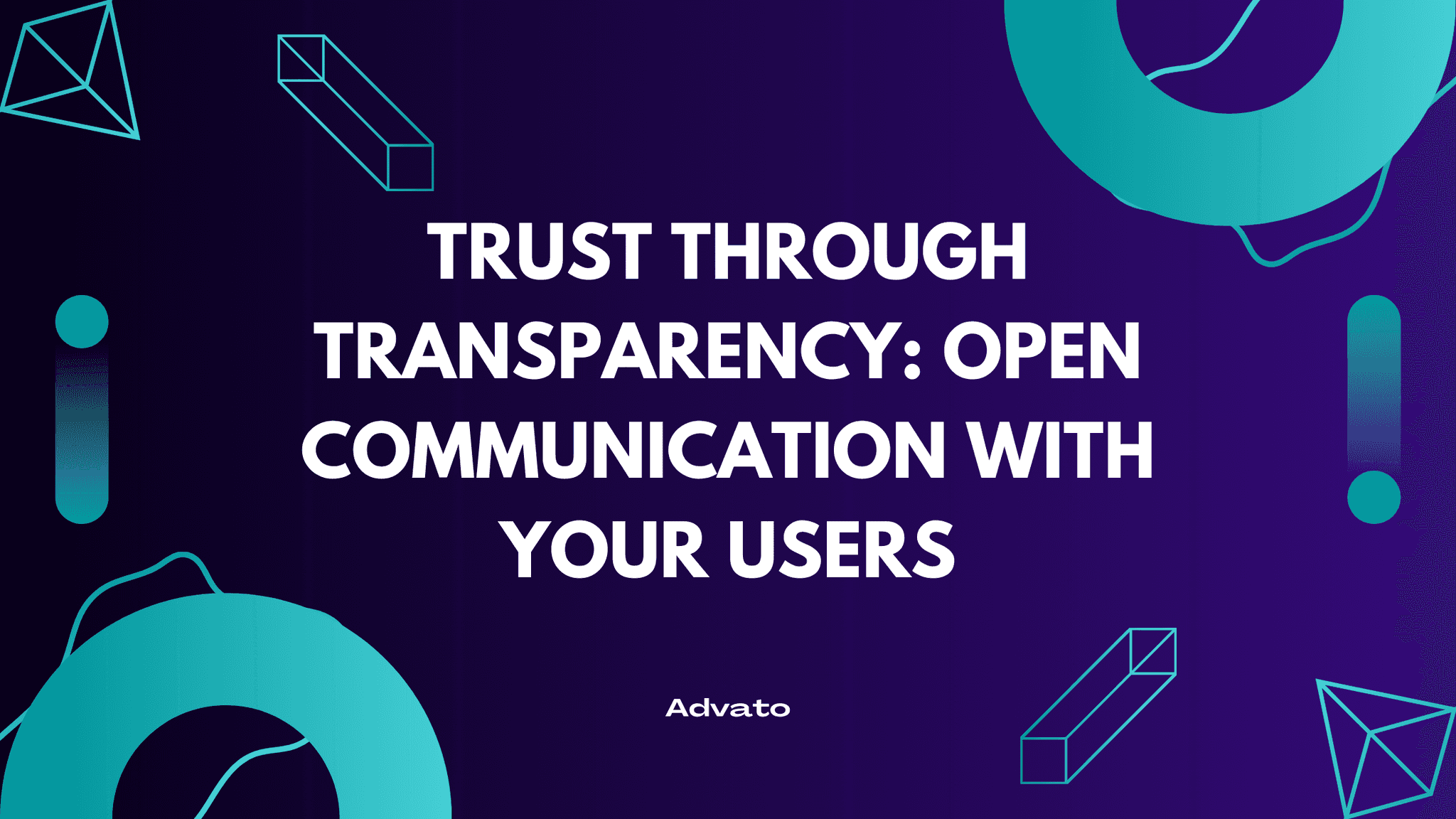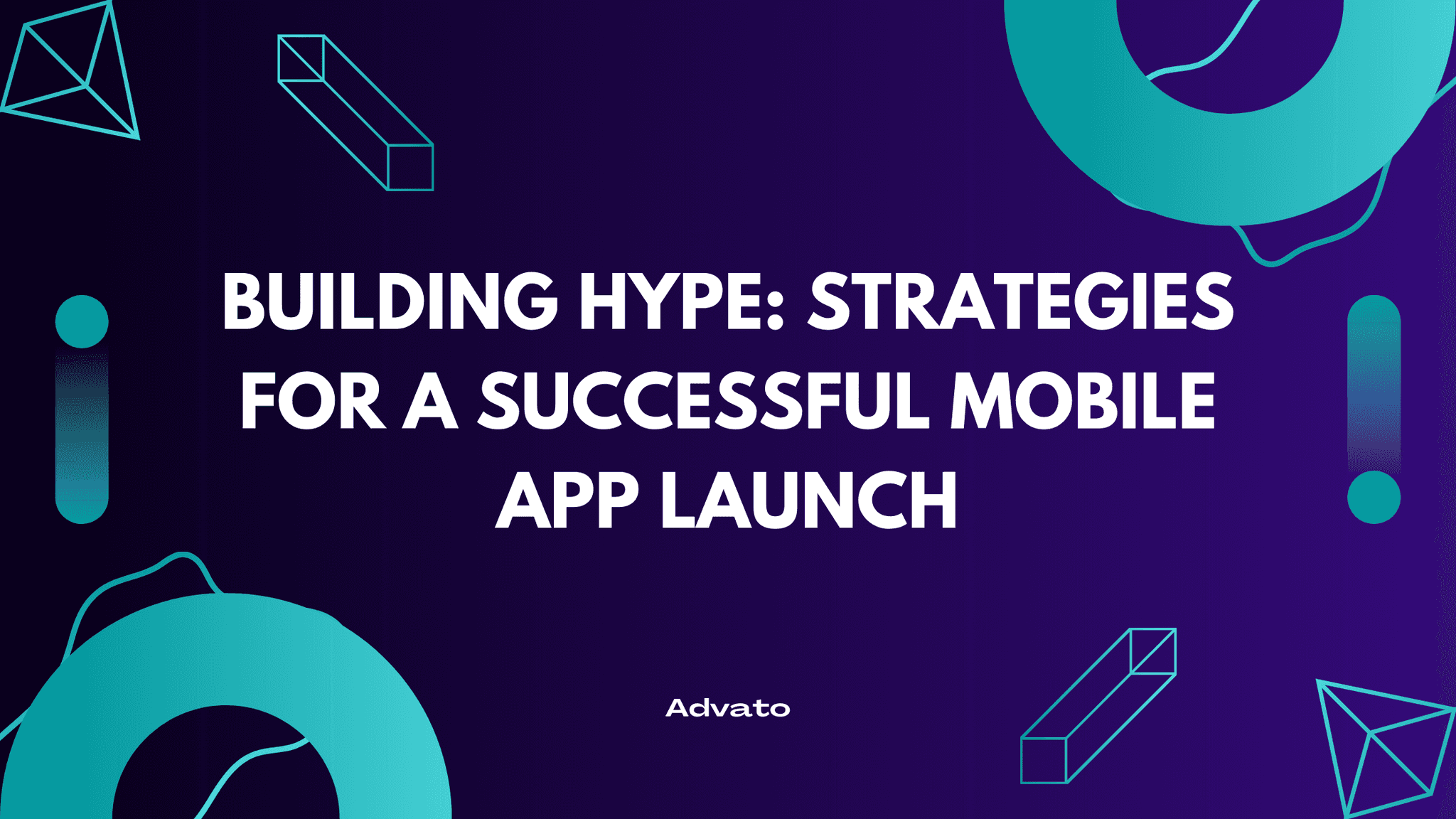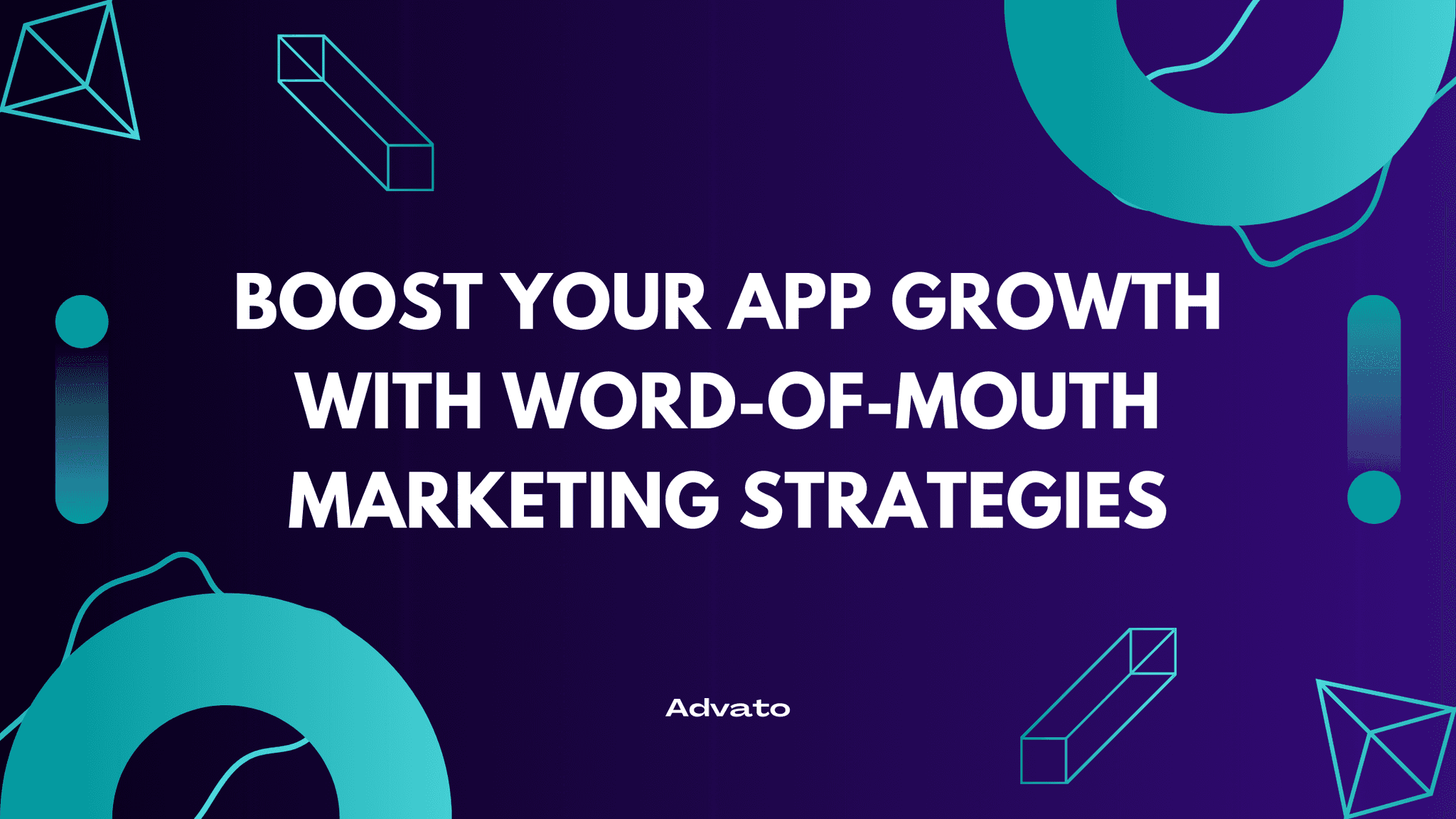Sep 27, 2024
In the competitive world of mobile apps, getting your product in front of the right audience is crucial. As a startup or established app developer, you're likely wondering: should I stick with more traditional marketing methods, or is referral marketing the way to go? Let's dive into the world of app marketing and explore which approach is better for your mobile app.
Understanding the Landscape
Before we compare referral marketing and traditional marketing, let's set the stage. The mobile app market is booming, with millions of apps fighting for users' attention. In this crowded space, effective marketing can make or break your app's success.
Traditional App Marketing: The Old Guard
Traditional app marketing encompasses a wide range of strategies that have been used for years. These include:
Paid advertising (social media ads, Google Ads, etc.)
App Store Optimization (ASO)
Content marketing (blogs, videos, podcasts)
Influencer partnerships
PR and media outreach
Pros of Traditional Marketing:
Wide reach: You can target a broad audience across various platforms.
Control: You have more control over your message and brand image.
Immediate results: Paid advertising can drive quick installs.
Cons of Traditional Marketing:
High costs: Advertising and influencer partnerships can be expensive.
Ad fatigue: Users may become desensitized to traditional ads.
Lower trust: People tend to trust ads less than recommendations from friends.
Referral Marketing: The Rising Star
Referral marketing, on the other hand, leverages the power of word-of-mouth and social proof. It encourages existing users to recommend your app to their friends and family, often in exchange for rewards or incentives.
Pros of Referral Marketing:
Cost-effective: Often cheaper than traditional advertising.
Higher quality users: Referred users tend to be more engaged and loyal.
Increased trust: People trust recommendations from friends more than ads.
Viral potential: A well-designed referral program can lead to exponential growth.
Cons of Referral Marketing:
Slower initial growth: It takes time to build a user base that can refer others.
Dependency on user satisfaction: Users won't refer your app if they're not happy with it.
Potential for fraud: Some users might try to game the system for rewards.
The Power of Referral Marketing for Mobile Apps
While both marketing approaches have their merits, referral marketing has shown to be particularly effective for mobile apps. Here's why:
Lower User Acquisition Costs: Referral programs often result in a lower cost per install compared to paid advertising.
Higher Lifetime Value: Referred users tend to stick around longer and spend more in the app.
Increased Engagement: Users acquired through referrals are more likely to engage with your app regularly.
Trust and Credibility: Personal recommendations carry more weight than traditional ads.
Viral Growth Potential: A well-executed referral program can lead to exponential user growth.
Implementing an Effective Referral Program
If you're convinced that referral marketing is worth exploring for your mobile app, here are some key considerations:
Make it Easy: The referral process should be simple and intuitive for users.
Offer Compelling Incentives: Rewards should be attractive to both the referrer and the referee.
Track and Analyze: Use analytics to measure the success of your referral program and optimize accordingly.
Personalize the Experience: Allow users to add personal messages to their referrals.
Leverage Technology: Use specialized tools to streamline your referral program implementation.
Speaking of tools, one solution that's gaining traction among app developers and marketers is Advato. This innovative platform offers an easy way to implement and grow referral programs in mobile apps. With Advato, you can quickly set up a referral system that helps acquire high-quality users at a lower cost compared to traditional marketing methods.
Finding the Right Balance
While referral marketing has proven to be highly effective for mobile apps, it doesn't mean you should completely abandon traditional marketing strategies. The most successful app marketing campaigns often use a combination of both approaches.
Here's how you can strike a balance:
Use Traditional Marketing for Initial Traction: Paid ads and ASO can help you get your first users.
Implement a Referral Program Early: Start building your referral system as soon as you have a solid user base.
Content Marketing for Education: Use blogs, videos, and social media to educate users about your app's features and benefits.
Leverage Influencers for Reach: Partner with influencers to expand your reach and credibility.
Continuously Optimize Both Channels: Regularly analyze the performance of both your traditional and referral marketing efforts.
Measuring Success: Key Metrics to Watch
Regardless of which marketing approach you choose, tracking the right metrics is crucial. Here are some key performance indicators (KPIs) to monitor:
Cost Per Install (CPI)
User Lifetime Value (LTV)
Retention Rate
Referral Rate
App Store Ranking
User Engagement Metrics
By closely monitoring these metrics, you can determine which marketing strategies are delivering the best results for your app.
Choose What's Best for Your App
There's no one-size-fits-all answer to whether referral marketing or traditional marketing is better for your mobile app. The best approach depends on various factors, including your app's nature, target audience, and growth stage.
However, given the unique advantages of referral marketing in the mobile app space – lower costs, higher-quality users, and viral growth potential – it's certainly worth considering as a key component of your marketing strategy.
Remember, the most effective marketing strategies often combine elements of both referral and traditional marketing. By leveraging the strengths of each approach and using Advato to streamline your referral program, you can create a powerful marketing mix that drives sustainable growth for your mobile app.
Ultimately, the goal is to find the most cost-effective way to acquire high-quality, engaged users who will love and share your app. Whether through clever referral programs, targeted ads, or a combination of both, the key is to stay agile, measure your results, and continually optimize your approach.
So, what's best for your mobile app? The answer lies in experimentation, analysis, and a willingness to adapt your strategy as you grow. Happy marketing!


